 Colombo, 15 September 2014: UN-Habitat, in partnership with the Municipal Council of Akkaraipattu, Urban Councils of Vavuniya and Mannar and the Pradeshiya Sabha of Maritimepattu (Mullaitivu), officially launched the Disaster Risk Reduction and Preparedness Plan for each City at the Water’s Edge in Battaramulla on Monday. These Plans have been developed with funding from the Government of Australia.
Colombo, 15 September 2014: UN-Habitat, in partnership with the Municipal Council of Akkaraipattu, Urban Councils of Vavuniya and Mannar and the Pradeshiya Sabha of Maritimepattu (Mullaitivu), officially launched the Disaster Risk Reduction and Preparedness Plan for each City at the Water’s Edge in Battaramulla on Monday. These Plans have been developed with funding from the Government of Australia.
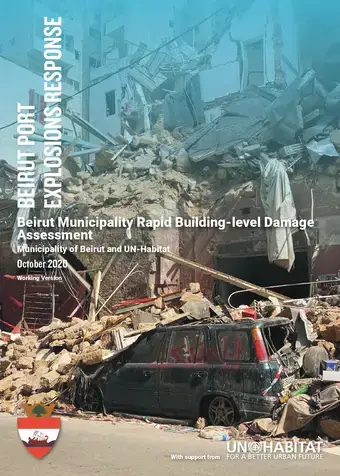
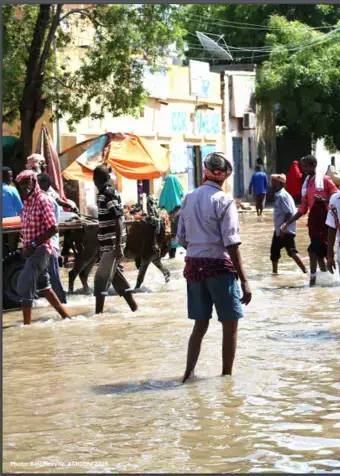
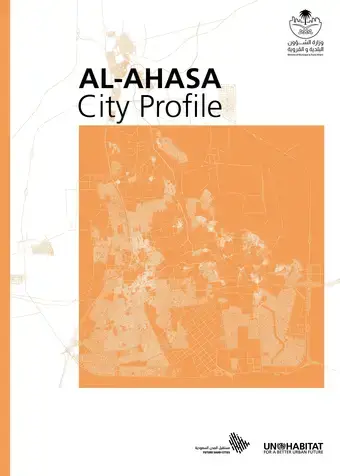
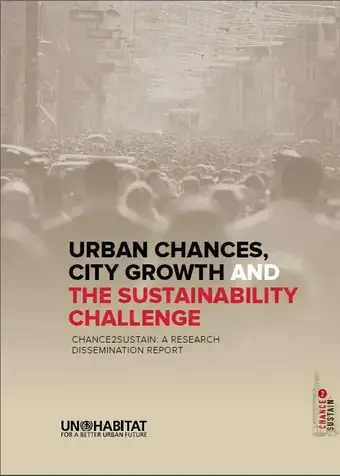
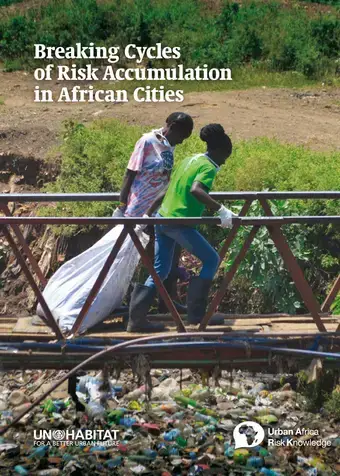
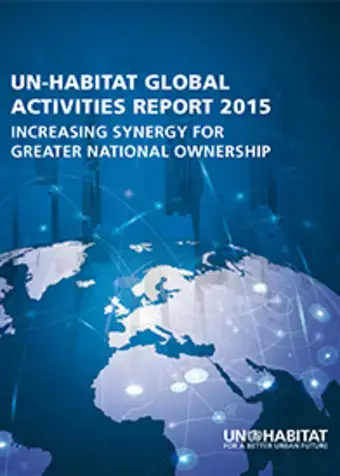
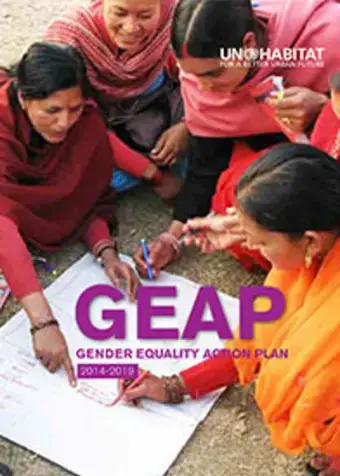
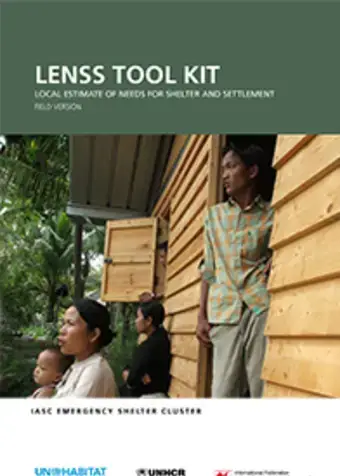
 This book contains summaries of shelter projects that have been implemented in response to conflicts, complex emergencies, and natural disasters from different parts of the world. The projects highlight issues such as rental support, settlement, site planning and coordination.
This book contains summaries of shelter projects that have been implemented in response to conflicts, complex emergencies, and natural disasters from different parts of the world. The projects highlight issues such as rental support, settlement, site planning and coordination.